Cast:
John Abraham, Prakash Belawadi, Siddharth Basu, Nargis Fakhri, Rashi Khanna, Ajay Rantham, Piyush Pandey, Dibang
Let's first take a moment to welcome the arrival of the unlikeliest patron of Indian cinema. Who had thought that the man with golden buns, the boy-man who has been panned for his wooden acting and objectified and letched at for his Adonis-like body and looks would creep up on us as one of the most interesting Bollywood producers of our time?
John Abraham, who produced Vicky Donor last year and has this year acted in and put his money into Madras Cafe, is a stealth producer. Unlike other actor-producers of Bandra, he works quietly and makes very interesting, very risky choices. He€™s also pleasantly different €" neither is he pretentious, nor does he undertake a sanctimonious padyatra from Bollywood to Hollywood every time he makes a film.
I€™d also like to put in the mail two kisses for John Abraham for standing up to the €œTamil groups€ demanding a ban on Madras Cafe. That there€™s no basis, no logic, no merit to their argument is a no-brainer. But for someone in Bollywood to stand up and state very calmly that "I respect everybody's opinion... But it is very important that they also respect our opinion... They are most welcome to go and raise their objections... on our part, we will definitely take the film to the audience,€ is rare.
John also said, €œThere have been a lot of enquiries from ruling parties and the Opposition parties... they want to see the film. We are ready to show it to them, but only when they watch it as viewers€.
Okay, five kisses.
Madras Cafe is a confident, restrained thriller. It walks and talks like a documentary, only to very calmly lead up to an edge-of-the-seat climax. And then it does what few films dare to do €" it pulls back. It doesn€™t go for the kill. No operatic music. No violins. No hysterics. It doesn€™t exploit a deeply tragic moment. It goes quiet, respecting us, the audience, and the event it€™s dealing with.
The film begins with sudden bursts of violence that leave busses ablaze and bullets in dead bodies with their final, stunned expressions. A voice-over explains the ethnic clashes between Sri Lanka€™s two communities €" the Sinhalese, and the Tamils, the role India has been playing and the various power-centres at play here.
This was earlier. We are now in 1994 and the voice is of an unkempt man who lives alone in Kasauli. He wakes up next to empty bottles and the only contact we know he has made in this town is with the local priest and the man who runs the booze shop.
He stumbles into the church and starts talking to the priest, and the story of this man, an ex-armyman, a major on loan to the Research & Analysis Wing (R&AW), and another man who, the major says, could have been saved, begins to unfold. We don't see the other man yet. But we know, of course, who the major is referring to.
The voice-over takes us to Sri Lanka again, where, through frozen frames of locals, all colour bled out of them, we begin to understand the jigsaw puzzle. People are caught in a maze of powerful men in Lanka and Delhi and elsewhere €" men with overt ambitions, large egos and deep interests.
Though the names are altered -- LTTE becomes LTF, Prabhakaran becomes Bhaskaran (Ajay Rantham) €" we know who is who.
We meet LTF's chief operatives, the local politician who can stand against them, Shri of TPA (played by Kannan Arunachalam), and a foreign war correspondent, Jaya Sahni (Nargis Fakhri), who has come to interview Bhaskaran.
We also sit on the sidelines of a meeting in Delhi that€™s chaired by the Cabinet Secretary (Piyush Pandey), and attended by Army Chief, R&AW director Robin Dutt (Siddharth Basu) and others to work out a political solution for Sri Lanka. Indian Peace Keeping Force is already in Lanka, the Indo-Sri Lankan Peace Accord has been signed, and Delhi wants a €œprovincial council€ in place before Diwali -- a political solution, howsoever manufactured, even twisted, blackmailed and coaxed into posing at least for a while is essential to the survival of some Delhi VIPs.
Delhi wants Bhanskaran to surrender. He won€™t. So it drops him and decides to support TPA. Friends turn foes. This is two years and six months before the assassination.
It falls upon the R&AW director to engineer this political solution, and he calls his best man for covert operations, Major Vikram Singh (John Abraham), who lives with his loving but worried wife Ruby (Rashi Khanna).
Major Vikram arrives in Sri Lanka and meets the man he has to report to, Bala (Prakash Belawadi), the R&AW boss here who is more than just brusk. The bottle of local booze he gifts Vikram indicates his deep roots in Jaffna.
Nothing is what it seems. There are leaks, betrayals, attacks and clues of a grand conspiracy being hatched in Madras Cafe, Singapore. Foreign agents meet, drop old friends, make new ones. Arms consignments are delivered to new addresses. Men switch sides, there€™s a kidnapping and, like M.C. Escher€™s stairs, no one knows which steps lead where, or even where they begin.
Indian intelligence men pick up intercepts of a possible assassination. There€™s a money trail. More meetings in Singapore. Phone calls to London from Jaffna. A compromised officer is outed. And even as Vikram is getting closer, young boys and girls with vials of cyanide dangling from their necks arrive in a coastal town of Tamil Nadu.
This is three months before the assassination.
Crucial information gets leaked. Jaya helps. There€™s a trip to Bangkok to confirm leads. Talk of arms dealers, photographs of a Guruji who is organising meetings in Singapore, and the chatter on the airwaves increases €" coded words get decoded and it€™s Code Red. The action now moves to Tamil Nadu.
One month before assassination, it€™s becoming clear that the target is an ex-PM, the one who is on an election campaign. A girl, meanwhile, tries on a vest, practices garlanding a man and then bending down to touch his feet, one hand on the off/on button. Now, for us, it gets personal, because we recall that smiling face, those dimples. Our heart both sinks and beings to beat faster. And when someone at a meeting in Delhi refuses a higher security cover for the ex-PM, it's plain shocking.
As we approach that day, that site in Sriperumbudur, a wail begins to rise in the pit of your stomach. Vikram€™s words ring in our head, and we ask: Could Rajiv Gandhi have been saved? Was there really an officer who was running just a few seconds behind the assassins?
No.
Madras Cafe€™s story is based more or less on facts, and it very deftly captures and conveys the policy, intelligence muddle in Delhi, and the LTTE's plot to assassinate Rajiv Gandhi. But if you go by the official reports, then the fact is that our dear intelligence agencies were clueless. If, however, you like conspiracy theories, then, as is the case with most high-profile killings, many names are evoked: godman Chandraswami, Mossad, CIA, even one Major Ravi.
For film nerds, it'll be a delight to spot how many shots here are inspired by Apocalypse Now. That's appropriate, I think, since the killing fields here are as scenic and serene, the violence and devastation equally heart-wrenching, and the tranquil horizon far yet near.
Unlike those recent Hollywood manhunt films, Zero Dark Thirty etc, which stand by the home team throughout, and have a need for heroes, even Oliver Stone€™s JFK, Madras Cafe doesn€™t go for hyperbole. Apart from the fictional role assigned to John Abraham, it remains rooted in the seemingly mundane reality leading to a stunning event. The film neither stoops to be overly sentimental, nor does it leap for spectacle. It very consciously avoids creating a hero. There€™s only one star here, and that€™s the film.
The film€™s dialogue, by Juhi Chaturvedi, are decidedly non-filmy. The voice-over, for example, uses words we associate with journalistic documentaries €" €œhumanity€, €œcivilization was dying€, etc.
Shoojit Sircar€™s direction, on Shubhendu Bhattacharya and Somnath Dey€™s story and screenplay, is light-touch. It's so good that at times it seems as if we are watching a freewheeling, real-life scene. Scenes of guerrilla warfare are authentic and convey the eerie, unsettling feel of a conflict zone -- ghostly calm shattered by sudden gunfire. The film's editing, which dares to present us a black screen often, is very good.
Casting director Jogi has done an exceptional job here €" the ensemble of actors speak the language the way it's spoken. Most actors, including John Abraham, very naturally break into Tamil, and when they speak English or Hindi, it€™s with a heavy accent.
It€™s also delightful to see for once Delhi VIPs like they really are -- grey potbellied men and crabby, stern women squabbling over what to do in a foreign country, and taking decisions against sane warnings from the ground, because they must stack up brownie points for certain VIPs.
Everyone here, from Siddharth Basu to Ajay Rantham, has put in lovely performances. But I€™d specially like to mention Bala, played with theatrical flair by Prakash Belawari. He's a former Special Correspondent of this newspaper, I€™d like to add proudly.
John underplays Vikram and that€™s very nice. Nargis is good but her botoxed upper lip betrays her. It's out of control. Her Jaya, who speaks only in English, is inspired by a real-life reporter.
Circa 1990, when we were rookie reporters, Anita Pratap of Time magazine became a sensation in the subcontinent for her interview with Velupillai Prabhakaran. We all wanted to be like her -- cool, daring and bloody brilliant. That this film doffs its hat to my old role model delighted me no end.
Rarely does so much talent come together to work on a commercial project without much ado. And rarely are we overcome by a feeling of gratitude and feel like standing and saluting a film. Today I did, but I didn't. My one quibble with Madras Cafe is political. The timing of this film is odd, very odd. Yes, it€™s timed to coincide with Rajiv Gandhi€™s birth anniversary, but we are in election mode and Madras Cafe does, somewhat, alter the mood.
http://www.asianage.com/movie-reviews/stealth-producer-takes-aim-shoots-target-477


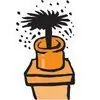




















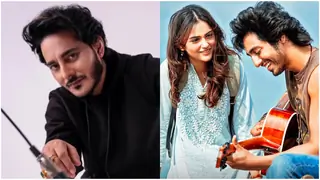
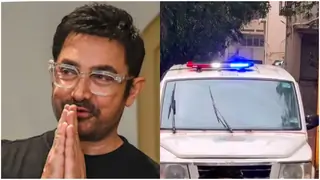
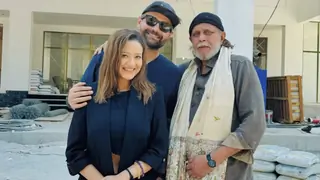
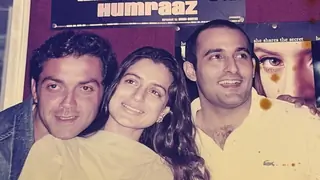
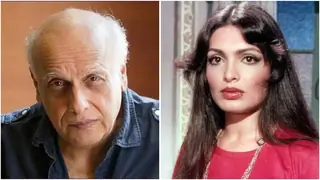
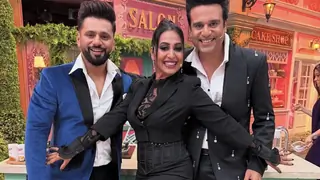
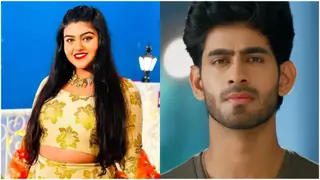
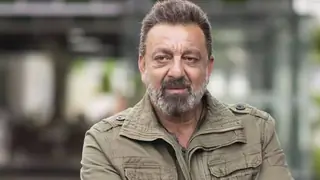


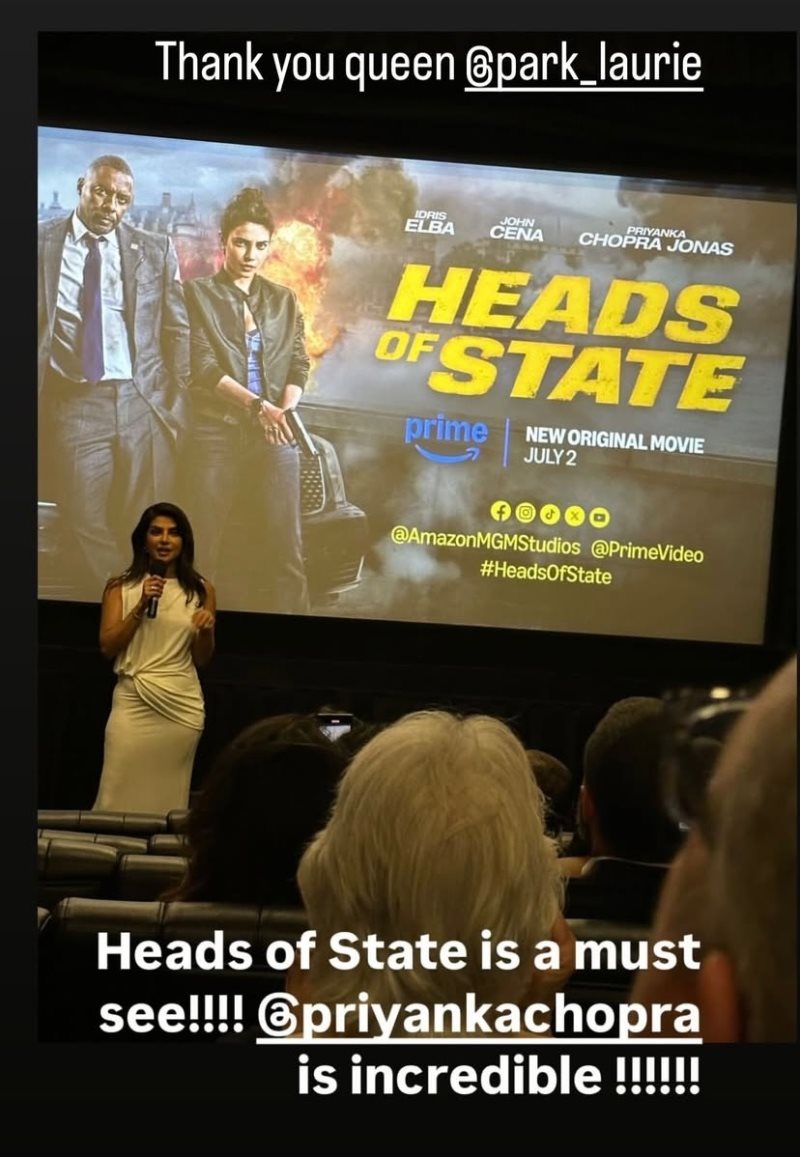
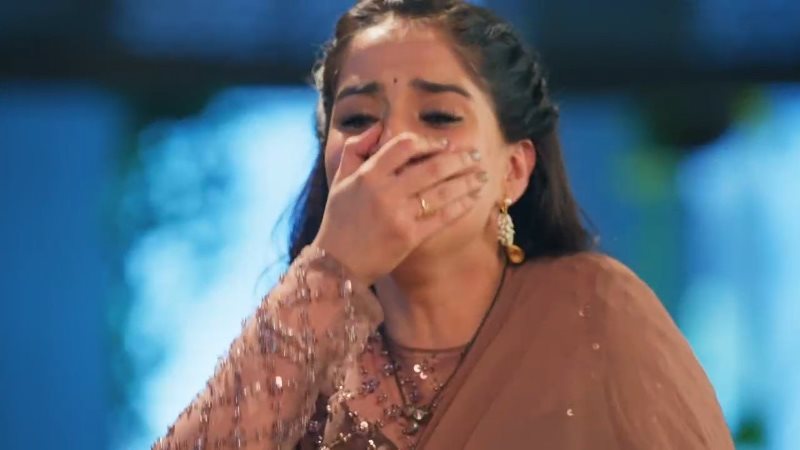


18